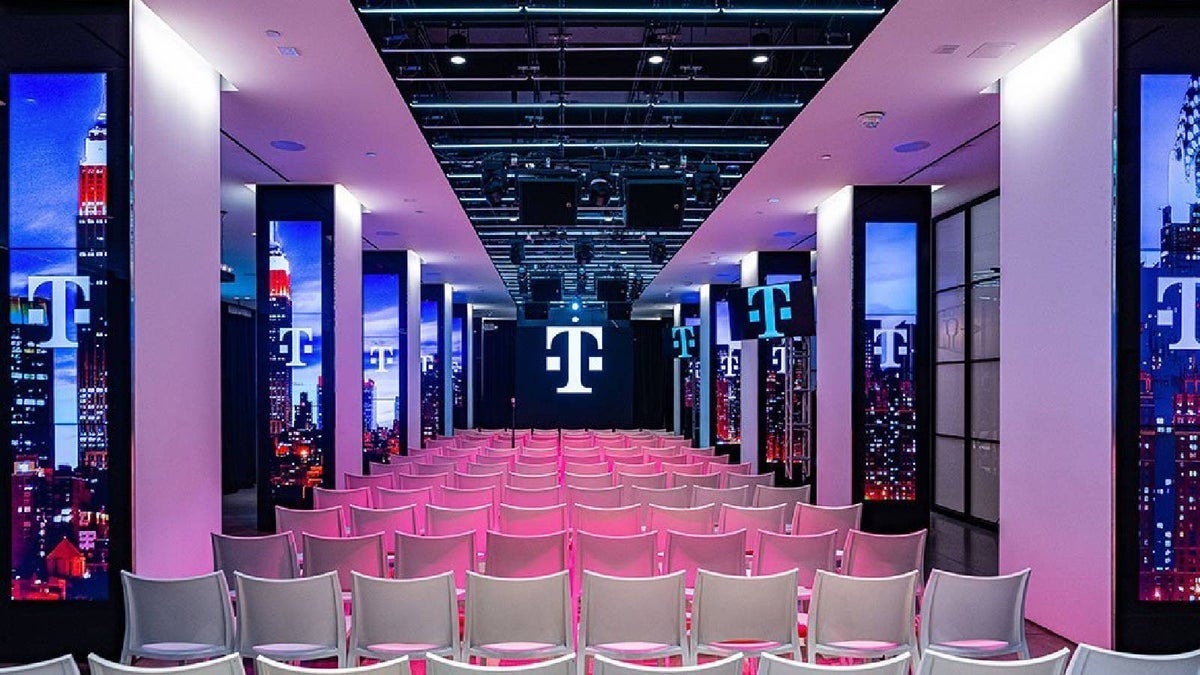In September, during its Capital Markets Day, T-Mobile said that it wanted to redefine itself into a data-informed and AI-enabled company. It wants all upgrades to happen online by 2027. It has also set the goal of doing at least half of activations digitally by the same period.
Jeff Moore, who is principal analyst at Wave7 Research, doesn’t buy into the doom and gloom narrative that wireless retail is dead. Wave7 Research studies the wireless market.Moore notes that although the number of postpaid retail stores run by AT&T, T-Mobile, and Verizon has shrunk from 18,529 in 2022, to 17,607 today, it’s not quite the retail apocalypse that everyone imagines during the COVID-19 pandemic.
In fact, some companies like Comcast and Charter Communications are actually boosting their physical presence. And then you have got retailers like Walmart who sell wireless services through partnerships with carriers who are expanding their wireless retail operations. Verizon‘s prepaid brand Total Wireless has also been increasing its store count.
An increasing number of Americans prefer to shop online though. For instance, during this Black Friday, online sales went up 14.6 percent, according to Mastercard Spending Pulse report – which covers the US retail market – while in-store sales only grew a paltry 0.7 percent compared to last year.
32 percent of wireless industry purchases are done online in the US, according to Jason Raymer, SVP of revenue at customer experience company iQmetrix. While that’s not a small percentage, it’s still less than the rate of packaged goods sold online.
That’s because smartphone purchases tend to be more complex than other purchases, which is why customers across all age groups find it hard to avoid a visit to their operator’s retail store.
And with new smartphones featuring AI-powered capabilities, those visits are only going to go up, considering shoppers often need help with new tech.
That’s not to say that T-Mobile won’t be able to meet its digitization goals, Raymer notes, as large corporations can influence consumer behavior. However, this could be an opportunity for the company’s rivals to use their physical stores as a differentiator.
Every time we’ve had a technology change in telecom, we’ve had to educate the consumer. Who else is going to teach the consumer that?
Jason Raymer, SVP of revenue at iQmetrix, December 2024
So while T-Mobile may make good on its commitment to digitize most transactions, physical stores are not going away anytime soon.
